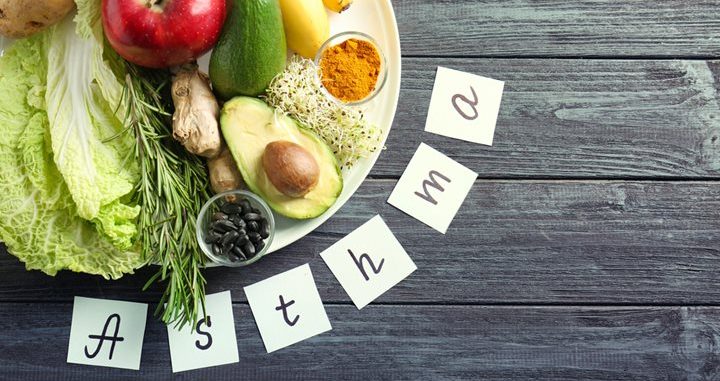Asthma causes swelling and inflammation in the bronchial tubes of the lungs, resulting in asthma attacks. During an asthma attack, the bronchial tubes swell. When the air can’t flow through the lungs, the symptoms such as shortness of breath, tightness in the chest, coughing, and wheezing occurs.
There have been studies that suggest a link between the gradual change from consuming more natural and fresh foods to fast and processed foods and the increasing numbers of asthma cases. People who are overweight and obese are also at a higher risk of developing asthma.
Even though no research can conclusively say that certain foods and a healthy diet can lower the rate and intensity of asthma attacks, but there are foods you should incorporate into your diet that is good for your respiratory system and lungs as well as foods you should steer clear from.
Foods You Should Have in Your Diet
Getting enough Vitamin D is paramount, which means consuming lots of dairy products unless you have a milk allergy or are lactose intolerant. Salmon and orange juice are also rich in Vitamin D.
Vitamin A is also vital. Beta carotene, a type of Vitamin A found in carrots, cruciferous vegetables, and sweet potatoes relieve asthma. Apples also promote better lung function, hence lessens the severity of asthma symptoms.
Bananas are rich in potassium and antioxidants, which are known to regulate lung function.
Magnesium deficiency can also affect the airflow in the lungs, especially among children. Thus, eating foods that are rich in magnesium is essential, which include dark chocolate, salmon, and spinach.
Foods to Stay Away From
Sulfites are an asthma trigger. They are preservatives found in pickled foods, dried fruits, wine, molasses, grapefruit juice, and lemon/lime juice. Coffee and tea, as well as a myriad of herbs/spices, contain salicylates, which may trigger asthma attacks in some people.
Portion control is important as you shouldn’t put too much strain on your digestive system, especially if you have a gastrointestinal condition. There are also foods that are particularly famous for triggering asthma attacks like fried foods, beans, cabbage, onions, and carbonated beverages.
Some people with asthma are also sensitive to certain artificial flavorings and preservatives that fast and processed foods contain. Individuals who have foods allergies need to extra cautious when it comes to their product choice and need to read ingredients’ lists very carefully.
Featured Image: depostphotos/belchonock
Posted on May 5, 2023



